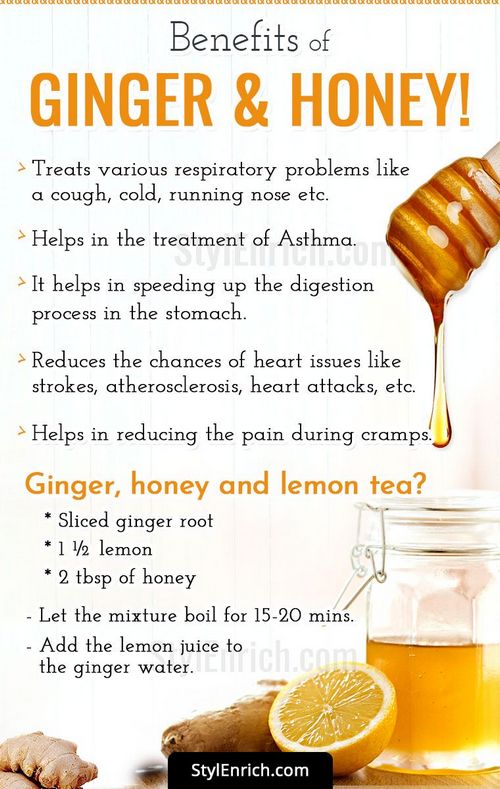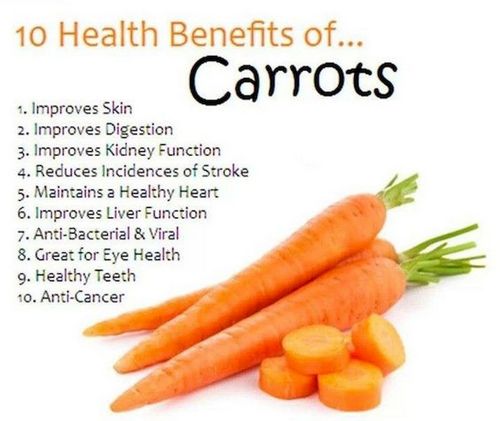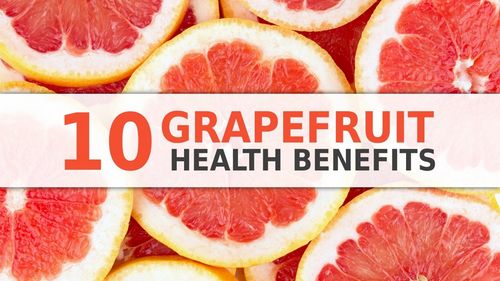
Dietary protein or roughage is basically the part of plant-based food that can’t be properly broken down by human enzymes. It is present in meat, dairy, and legumes such as beans, kidney beans, lentils, and peas. The term ‘protein’ also includes dairy products like milk and cheese, fish, and poultry.
Ruminant animals such as cattle, sheep, and goats produce a substantial amount of roughage. This type of protein has been proven to be beneficial for human health because of its many benefits. It aids in digestion of carbohydrates, minerals, and vitamins in the body and can help decrease the risk of heart disease, cancer, and diabetes. Other health benefits include the following.
– Prevents Cancers: Rumen can prevent colon cancer and intestinal cancers due to its high fiber content, which promotes weight loss and prevents constipation. Roughage can also reduce blood pressure, cholesterol, and helps in the absorption of vitamins A, C, D, E, K, and Zinc. In addition, it also aids in the digestion of carbohydrates, amino acids, and certain vitamins.
– Improves Digestion: Rummage can improve the digestive system. It also aids in the elimination of toxins from the digestive tract.
– Boosts Immune System: Rummage can fight disease through the creation of antibodies. Antibodies are molecules that neutralize foreign and harmful substances. These antibodies can reduce the risks of heart disease, arthritis, and cancer.
– Promotes Weight Loss: Because of its rich fiber content, ruminant animals can help lower the risks of diabetes and obesity. It can also help lower cholesterol and increase the absorption of nutrients. It is known to also lower the intake of fats, carbohydrates, and calories.
-Contains Calcium, Magnesium, Iron, and Potassium: The breakdown of roughage allows the nutrients found in meats, dairy, and legumes to be absorbed by the body. These nutrients are very helpful in the absorption of iron, calcium, and potassium. It also helps increase the absorption of magnesium, copper, sodium, and zinc.
-Contains Antioxidants: The enzymes in the ruminant animals that break down roughage contain antioxidants that help fight free radicals in the body. Free radicals are substances in the body that damage healthy cells, cause cellular damage and contribute to diseases.
-Reduces Risk of Heart Disease: It is believed that a diet rich in roughage can help reduce the risk of stroke, high blood pressure, and heart attack.

It is also said that a diet rich in this type of food can reduce the risk of stomach cancer, gall stones, osteoporosis, osteoporotic joint pain, kidney stones, and gastric and duodenal cancer. Since ruminants are naturally high in protein and contain a lot of antioxidants, they may help lower the risk of several types of cancer.
-Contains Enzymes and Bases: Roughage contains enzymes and bases that help the body digest and break down foods. For example, roughage can aid in the breakdown of starch, proteins, and sugars, helping the body absorb nutrients more easily. Roughage also contains digestive enzymes that help breakdown plant matter into simpler compounds for easier absorption.
-Prevents Infections: This type of food is also said to help prevent the growth of harmful bacteria that cause infections. Some studies have even reported that eating roughage can help prevent diarrhea and intestinal parasites. Some people have also reported reduced levels of infection in their stools.
-Reduces Cholesterol: Due to its high fiber content, it can also reduce the amount of bad cholesterol in the body. Cholesterol is a major risk factor for many types of disease including heart disease and cancer.
Although many people believe that consuming foods such as beef, lamb, and pork can help reduce cholesterol levels, there are some who believe that ruminant animals actually help reduce levels of cholesterol. This is because animals like buffalo, cattle, and goats contain large amounts of plant-based sources of calcium, magnesium, calcium, and iron.

Leave a Reply